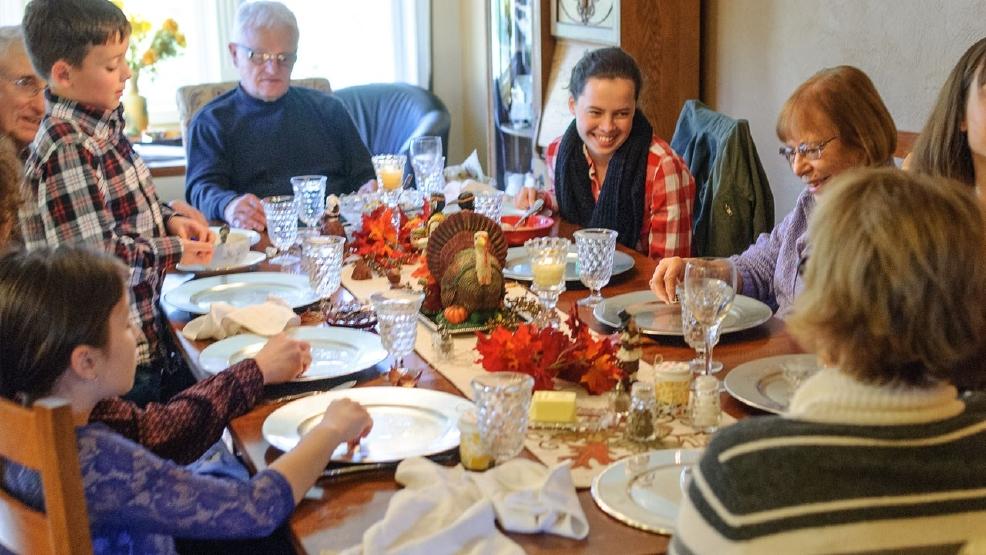Darius Stewart and Ciara Pate
The holiday season wouldn’t be complete without having to endure a sexist joke from your uncle or a racist remark from your grandma at family dinner. Even for those who are allies, it is often difficult to decide what to do when someone you’re close to makes such discriminatory remarks.
When it comes to situations like these, it’s important to remember that allyship doesn’t mean a thing if you don’t act upon it. Your actions (or lack thereof) will show if you’re a true ally or if you just want the moral high ground to say you are one.
Signing a board to promise to be an ally, similar to what’s been done at UMKC countless times, is a good place to start, but many people don’t understand what it truly means.
Allyship means caring for and being willing to protect underprivileged groups. Protect doesn’t have to mean physically guard someone, but rather guard their being, their existence and who they are.
It wasn’t until around the beginning of 2019 that I came out to my dad and several other family members as a bisexual woman. Even still, before I came out to them, I would call them out for their potentially homophobic comments. My step brother was raised in a small town with few minorities. At every holiday get-together, if there was ever anything that was an inconvenience to him, he would yell “That’s gay.” Even before I came out, this was something I would consistently call him out for, explaining why it was wrong and insensitive.
Not everything that is said has a negative connotation to a minority group, but it is still important to educate those who say these things to help impede their ignorance.
Things change from learning what’s wrong with what’s being done. If you don’t call out family and friends on their homophobic, racist, and/or sexist comments, then you are enabling their thoughts and opinions. If you’re not telling them it’s wrong, then you’re effectively telling them it’s right, whether you actually agree with them or not.
Freedom of speech does not free you from the consequences of that speech. In any case of saying something wrong, there’s usually consequences for what was said. Why shouldn’t that apply even within families?. It’s not OK to yell fire in a crowded movie theatre as a joke; why is it OK to make a joke out of someone’s existence?
Many older family members will say, “That’s the way I was raised,” but just because that’s the way you were raised doesn’t make it the right way, especially in today’s culture. If that’s your excuse, they everyone from that time raised in a similar manner would be like that, but there are countless people who have grown with our evolving society. It’s important to call out family members on their acts of discrimination, no matter how miniscule, because once they have an inch, they’ll take a whole mile.
In a similar manner to people thinking cigarettes are a gateway drug, a lack of accountability leads bigger problems when you don’t call your family members out on their acts of discrimination.
cnpzxf@mail.umkc.edu
dlsdk8@mail.umkc.edu








